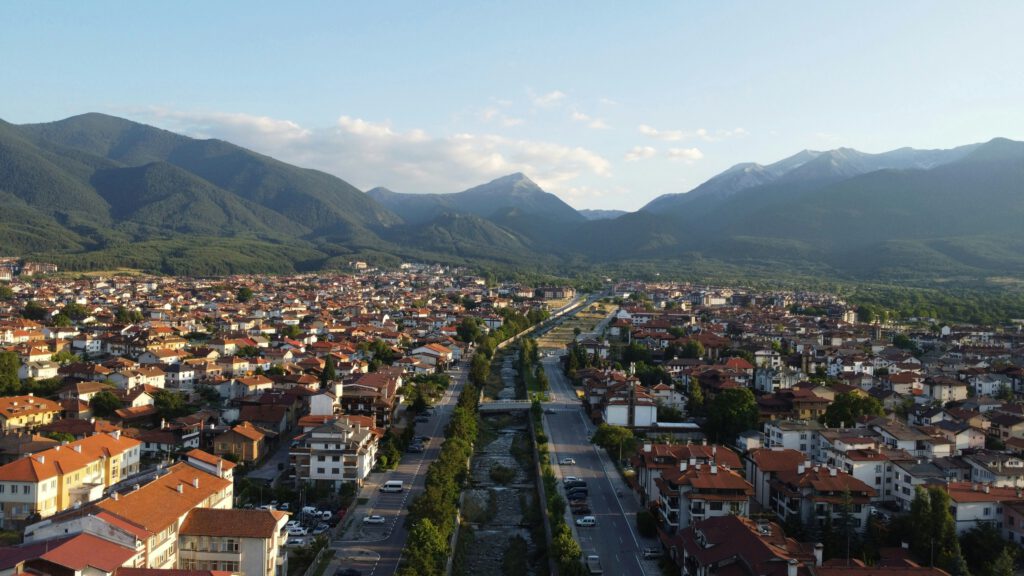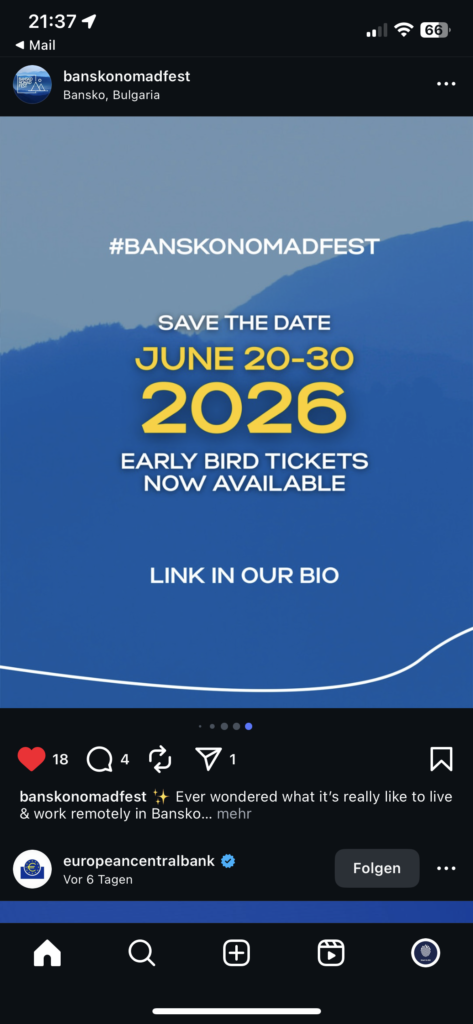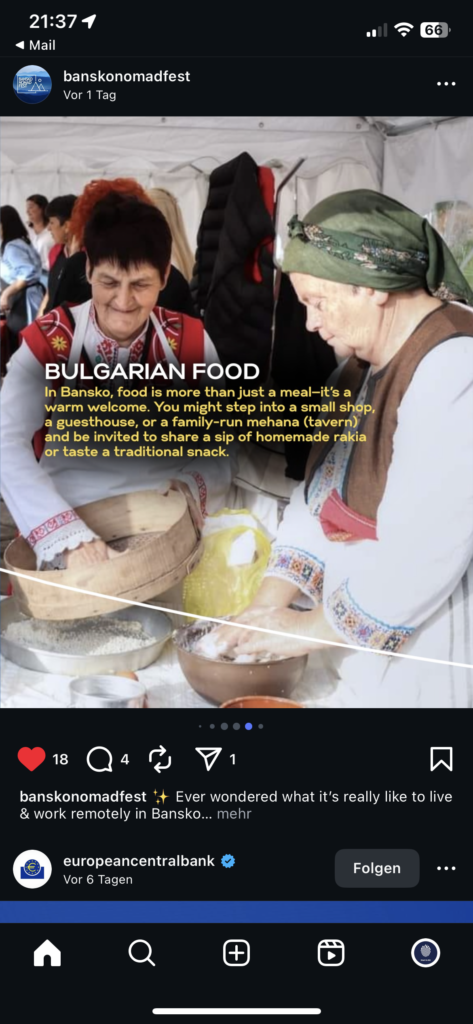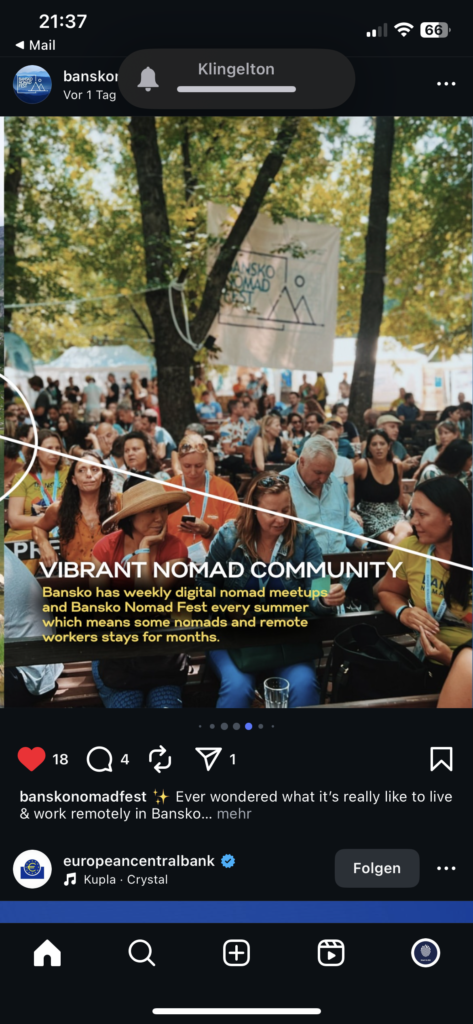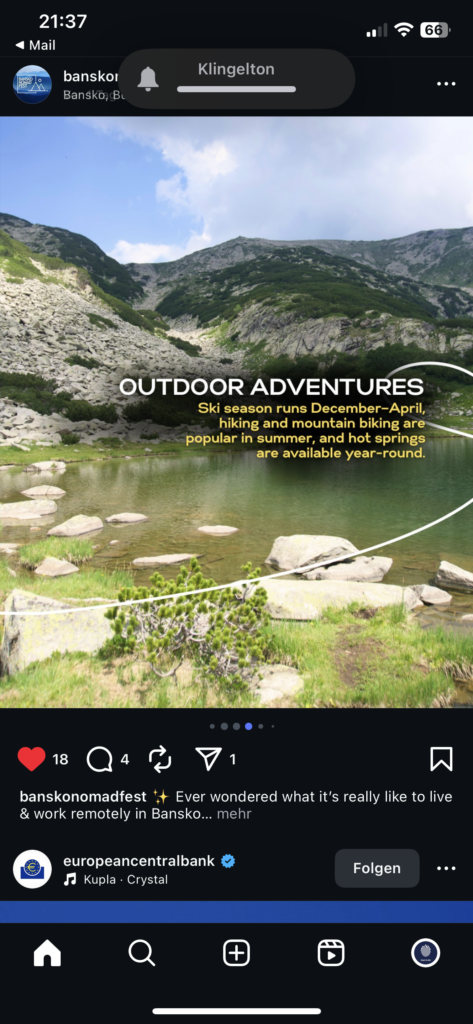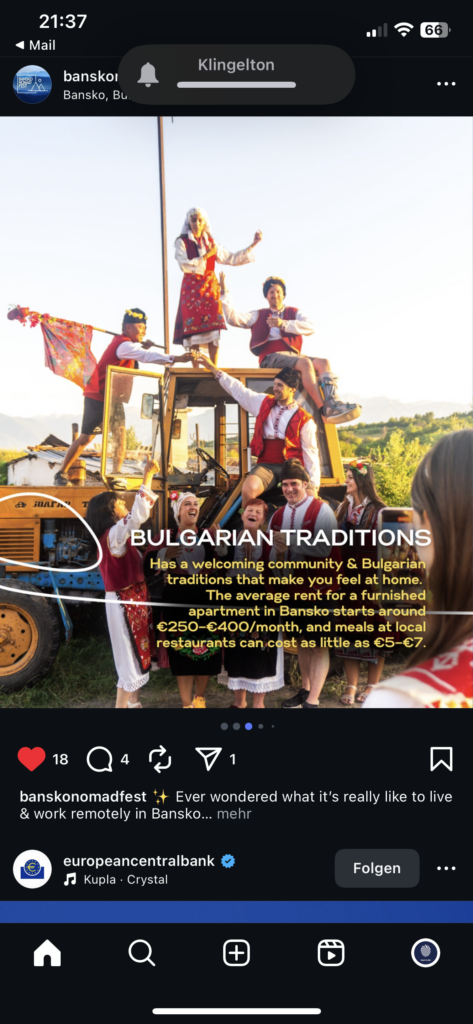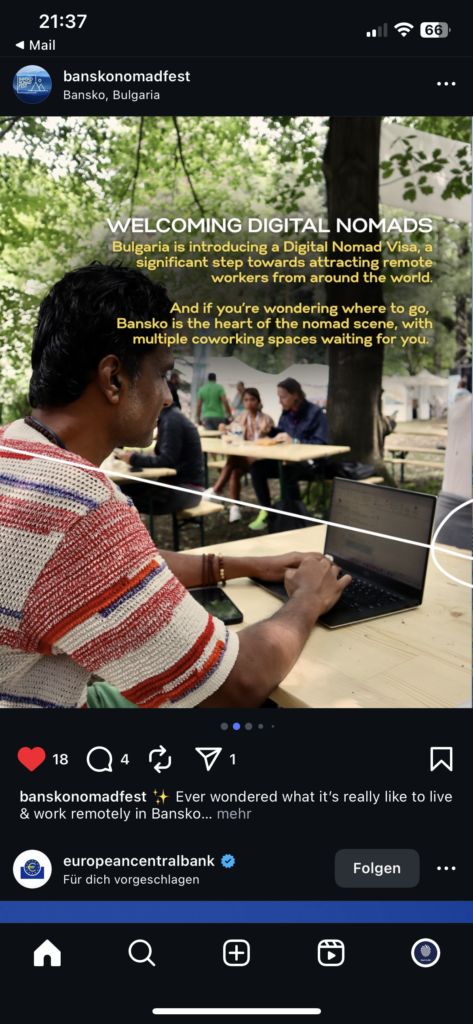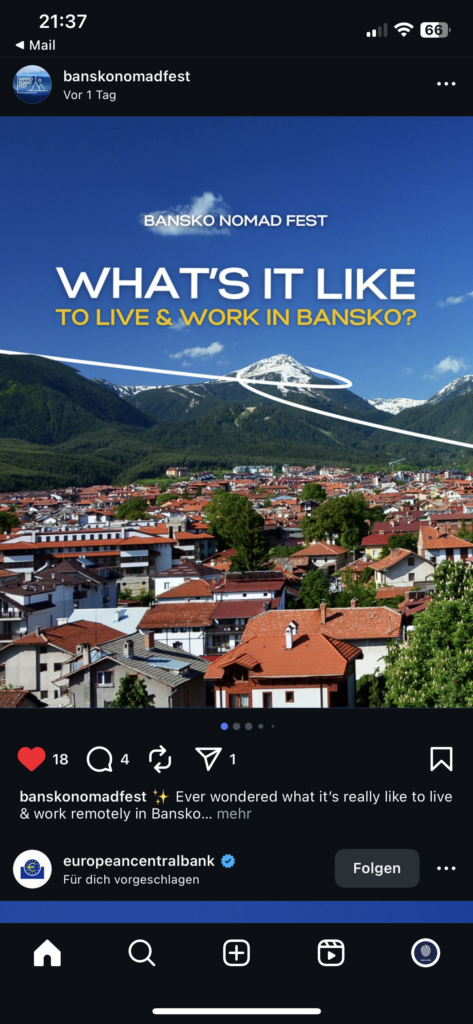Starting a business in Bulgaria can be both an exciting adventure and a real test of patience. Nadya and Aleks took that leap with Imagine Travel (nowadays Imagine Travel: Reading Retreats) , a company offering authentic cultural and nature experiences. Their path through forms, unclear regulations, and strategic decisions offers valuable lessons for anyone dreaming of launching their own venture in Bulgaria.
Understanding the Landscape
If you want to start a business in Bulgaria, you need to understand the environment first. Nadya and Aleks knew the country and spoke the language – yet they still faced conflicting information and unclear instructions. In industries like tourism, special licenses from the Ministry of Tourism are mandatory. The tricky part? The guidelines are often vague, leaving founders guessing whether a tourism degree or relevant work experience is required.
Research & Professional Support
Months of research eventually led the two to hire a lawyer familiar with local regulations. Communication took place mostly via messaging apps – not ideal, but it kept things moving. Their advice to others: involve experts early to save time and stress.
Connections Are Key
In smaller towns, navigating bureaucracy can be much easier if you know the right people. Nadya and Alek’s relationships with local bank staff, municipal officials, and service providers opened doors and sped up processes.
Managing Financial Hurdles
Bulgaria’s flat corporate tax rate of 10% and dividend tax of just 5% are major draws. Still, start-up costs should not be underestimated. For Nadya and Alek, Bulgaria was particularly appealing compared to Cyprus, where they would have had to lock €15,000 in a bank account as a security deposit.
Building a Support Network
“Going it alone” wasn’t an option for them. Their partnership provided not only practical help but also emotional support. They recommend finding mentors or business partners who know the local market and can share their experience.
Staying Flexible & Gathering Feedback
Before Imagine Travel officially launched, they planned to run a series of test tours. These “focus group” trips would help them gather feedback and fine-tune their offers to match their customers’ needs.
Pros and Cons from Nadya & Alek’s Perspective
Pros:
- Strategic location in Southeast Europe
- Lower operating costs compared to other markets
- Growing tourism industry with new opportunities
Cons:
- Complex and time-consuming bureaucracy
Nadya and Alek’s journey shows that starting a business in Bulgaria takes patience, research, and strong connections. But for those willing to invest the effort, the rewards – from low taxes to strategic advantages – can be worth it.
And this is just the short version. You can read the full story, including all the behind-the-scenes challenges and solutions, in our book “Start in Bulgaria – How to Open a Business in Bulgaria”.
Follow Imagine Travel: Reading Retreats on Facebook
Want more inspiring stories? Explore the experiences of other entrepreneurs in Bulgaria and check out our overview post on how to start a business here—packed with tips, insights, and real success stories.

